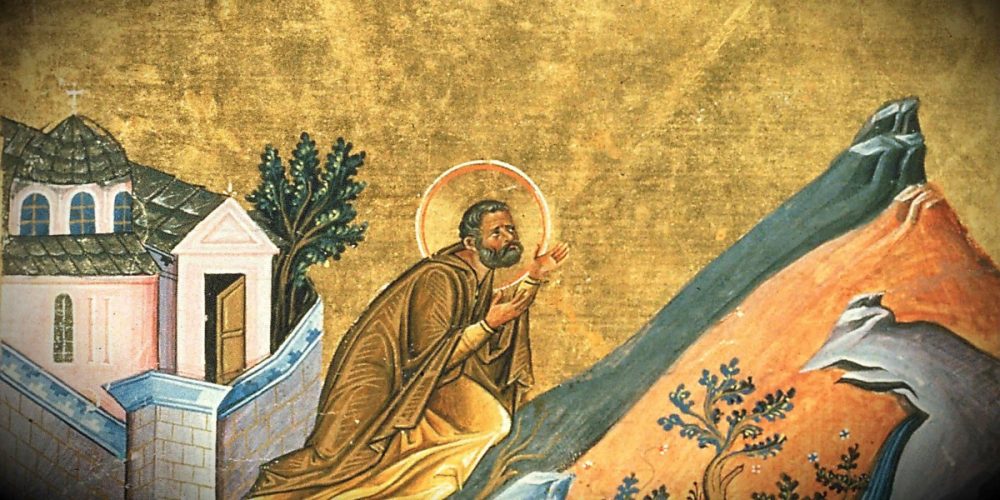


That this great mystery did indeed survive to be proclaimed on the lips of the faithful to our own day can be attributed largely to the life and labors of one figure upon that 4th century theological battlefield: Athanasius of Alexandria.

The faith’s transition in that century from a grassroots underground movement into the de facto religion of the Empire put enormous strain on the integrity of its fundamental proposition of a God accessible through the flesh of one crucified by that same Empire. It is good to remember, however, that the seemingly staid truths affirmed in this Creed were once points of fierce debate they are full of a theological vigor tested in the crucible of controversy and division.ĭuring one pivotal portion of the 4th century CE, it was by no means assured that the original Christianity of the Apostles would even survive in any recognizable form. For some, this text might appear to be no more than a ponderous statement of the core tenets of Christianity, full of formal professions and carefully worded clauses. On any given Sunday in many churches, the worshipping assembly affirms their faith using the words of the Nicene Creed.


 0 kommentar(er)
0 kommentar(er)
